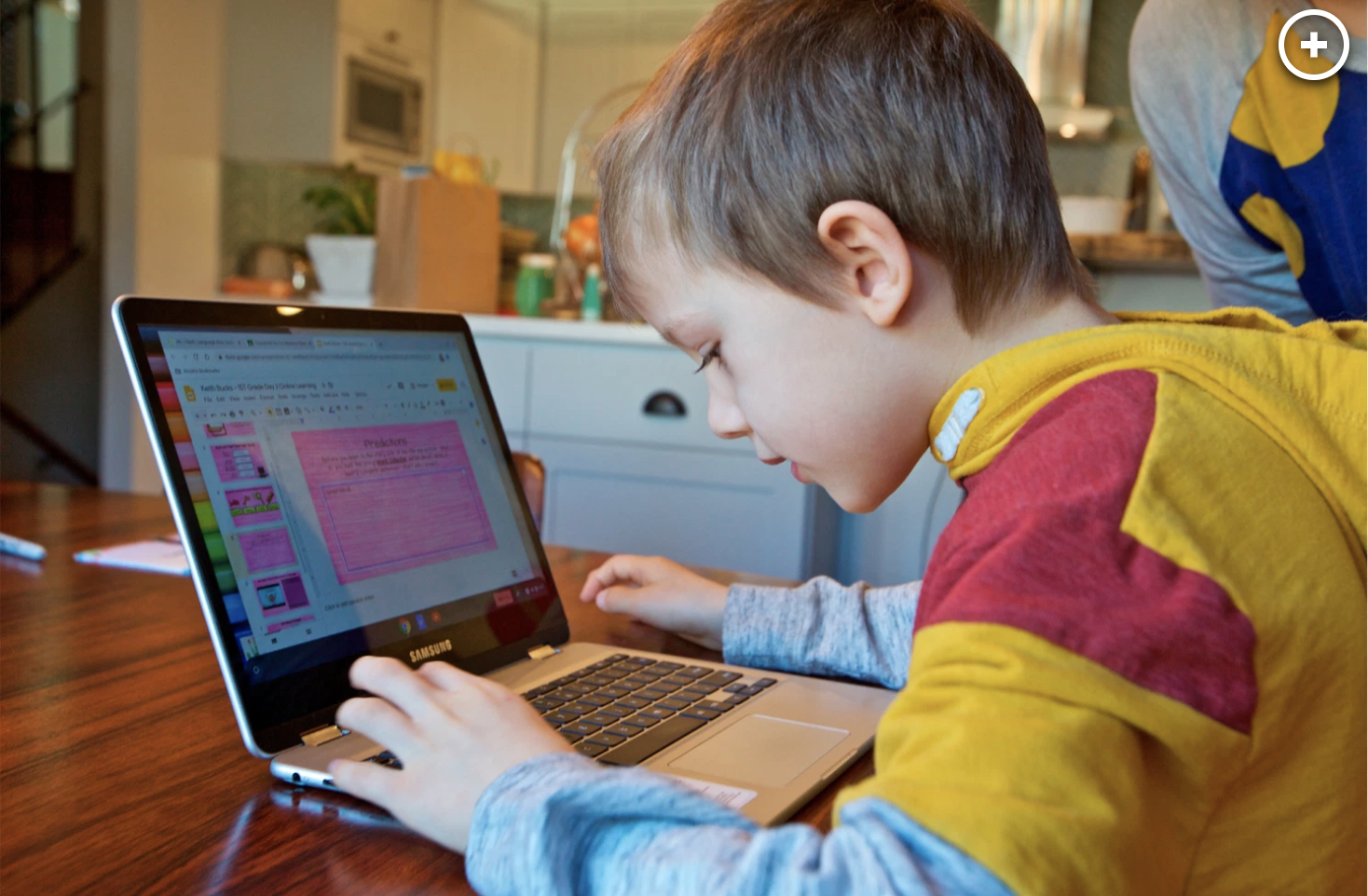
Abramson, A. (2021) Capturing the benefits of remote learning American Psychological Association, Vol. 52, No.6
There have been many criticisms of the move to remote learning during the pandemic for students in schools, but there also appear to have been some unexpected benefits. This article looks at these from a psychological point of view, and how some of these benefits could be continued post-pandemic. The article lists the following benefits:
More focus on mental health
‘Mental health is a prerequisite for learning rather than an extracurricular pursuit’. Because of physical distancing guidelines, school leaders had to find ways to deliver mental health services remotely, including via online referrals and teletherapy with school psychologists and counselors. Online scheduling and remote appointments make it easier for students to access mental health resources, and some students even enjoy virtual appointments more, as they can attend therapy in their own spaces rather than showing up in the counselor’s office. For older students, that level of comfort often leads to more productive, open conversations.
Autonomy as a key to motivation
Remote learning provided more flexibility for students in terms of how and when to study. They often had a wider choice of reading materials and could study at hours that they preferred. One strategy to encourage more autonomy is to post homework online on Sundays so students can work at their own pace during the week; another is to offer students a choice of high-interest projects that they can work on on their own.
Increased parental involvement in children’s learning
Many parents reported that the pandemic allowed them a better understanding of their child’s learning style, needs, or curriculum. Research has linked parental engagement in their middle schoolers’ education with greater measures of success (Hill and Tyson, 2009). Parents are as a result realizing how they can better partner with schools to ensure their kids’ well-being and academic success. Virtual school board meetings, virtual back-to-school information sessions, and virtual parenting workshops provide more flexibility for parents, especially those who cannot afford babysitters.
Decreased bullying
This is seen in the article as mainly a race issue: children studying at home avoid the racism and microaggressions that they suffer at school. As a result, many schools are considering how to continue supporting students at risk for bullying, including by restructuring the school environment.
More opportunities for special needs children
Parents of students with attention-deficit/hyperactivity disorder (ADHD) reported greater difficulties with remote learning. But some students with special learning needs thrived in an at-home learning environment. Reduced distractions at home may improve learning outcomes for some students with disabilities that impact attention in a group setting. On online learning platforms, it’s easier for kids with social anxiety or shyness to participate.
My comments
This article once again reinforces my view that different learners react differently to online learning. Some find it beneficial; others find it much less satisfactory than in-person schooling.
More importantly, I would like to see schools able to deal with these issues on campus and not avoid such problems by using online learning. Even students who like the autonomy of self-study also benefit from learning how to behave in social contexts. Bullying on campus needs to be dealt with and stamped out as far as possible; it is not a solution to avoid bullying by letting bullied students study at home, although I understand completely the feelings of those who are bullied who want to avoid this.
I know many teachers do not see their job as being social workers, but focused strictly on instruction and teaching. However, effective learning requires these psychological and social factors to be addressed – it’s an essential part of the job, whether students are studying online or at home. However, it is also good that online services can provide help for some students who otherwise struggle with in-person teaching and learning.
Reference
Hill, N. E., & Tyson, D. F., (2009) Parental involvement in middle school: a meta-analytic assessment of the strategies that promote achievement Developmental Psychology, Vol. 45, No. 3.









 Dr. Tony Bates is the author of eleven books in the field of online learning and distance education. He has provided consulting services specializing in training in the planning and management of online learning and distance education, working with over 40 organizations in 25 countries. Tony is a Research Associate with Contact North | Contact Nord, Ontario’s Distance Education & Training Network.
Dr. Tony Bates is the author of eleven books in the field of online learning and distance education. He has provided consulting services specializing in training in the planning and management of online learning and distance education, working with over 40 organizations in 25 countries. Tony is a Research Associate with Contact North | Contact Nord, Ontario’s Distance Education & Training Network.

